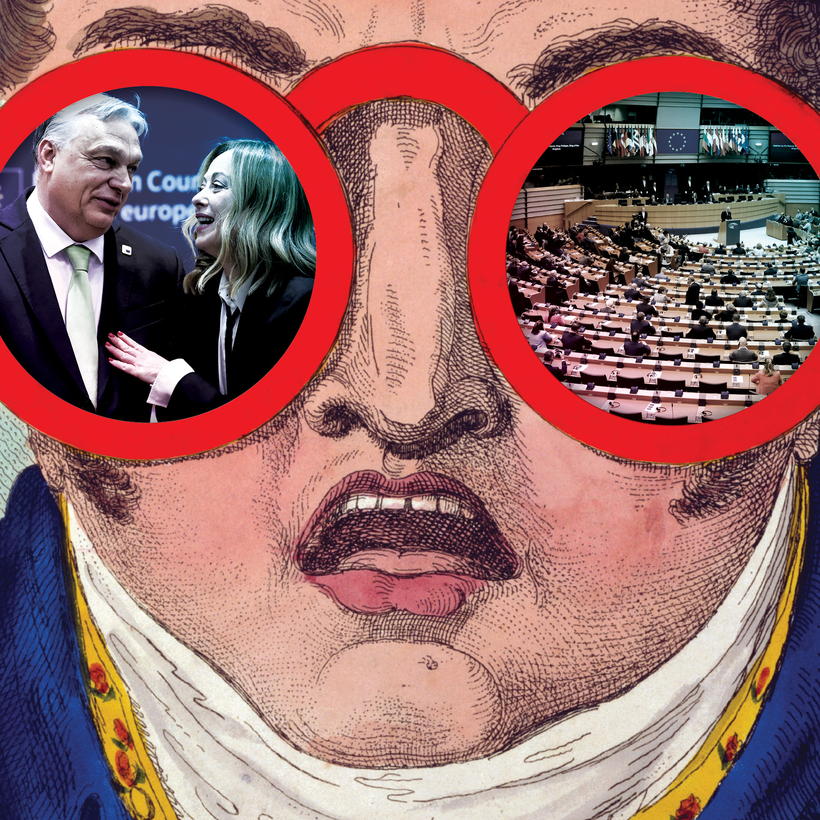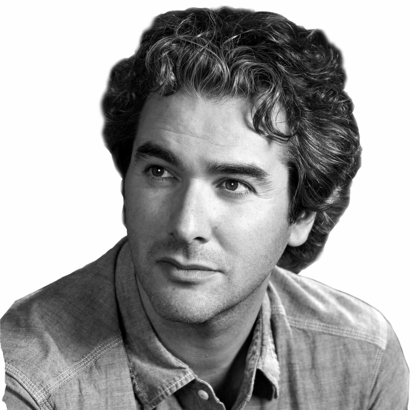It is a truism that the European Parliament is one of the dullest places in the world. In this it has not been helped by being located in Brussels, one of the dullest cities on the Continent. Yet with European elections currently underway—during which a possible 350 million citizens are eligible to vote—it’s time to realize that this is an antiquated prejudice. Far from being a faceless bureaucracy, the European Parliament has become decadent, depraved, and increasingly dangerous.
Earlier this year, a report by the Dutch investigative platform Follow the Money found that one in four members of the European Parliament (M.E.P.’s) had been involved in scandals or law-breaking. Sometimes the offenses have been minor, such as when József Szájer, a far-right Hungarian M.E.P., was caught shimmying down a drainpipe in a vain attempt to distance himself from a 25-man orgy held in defiance of pandemic lockdown restrictions.


